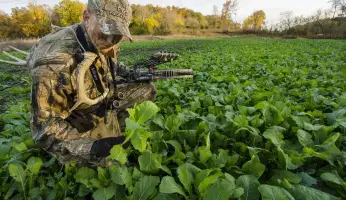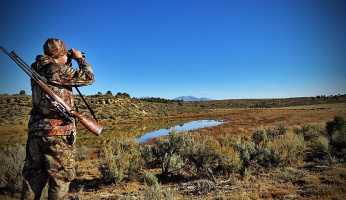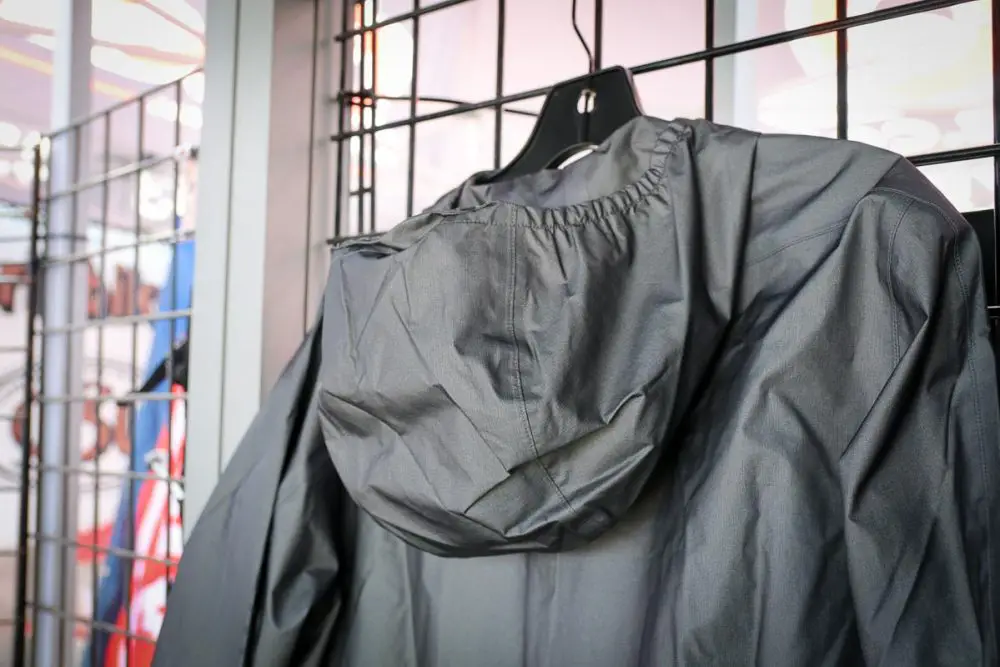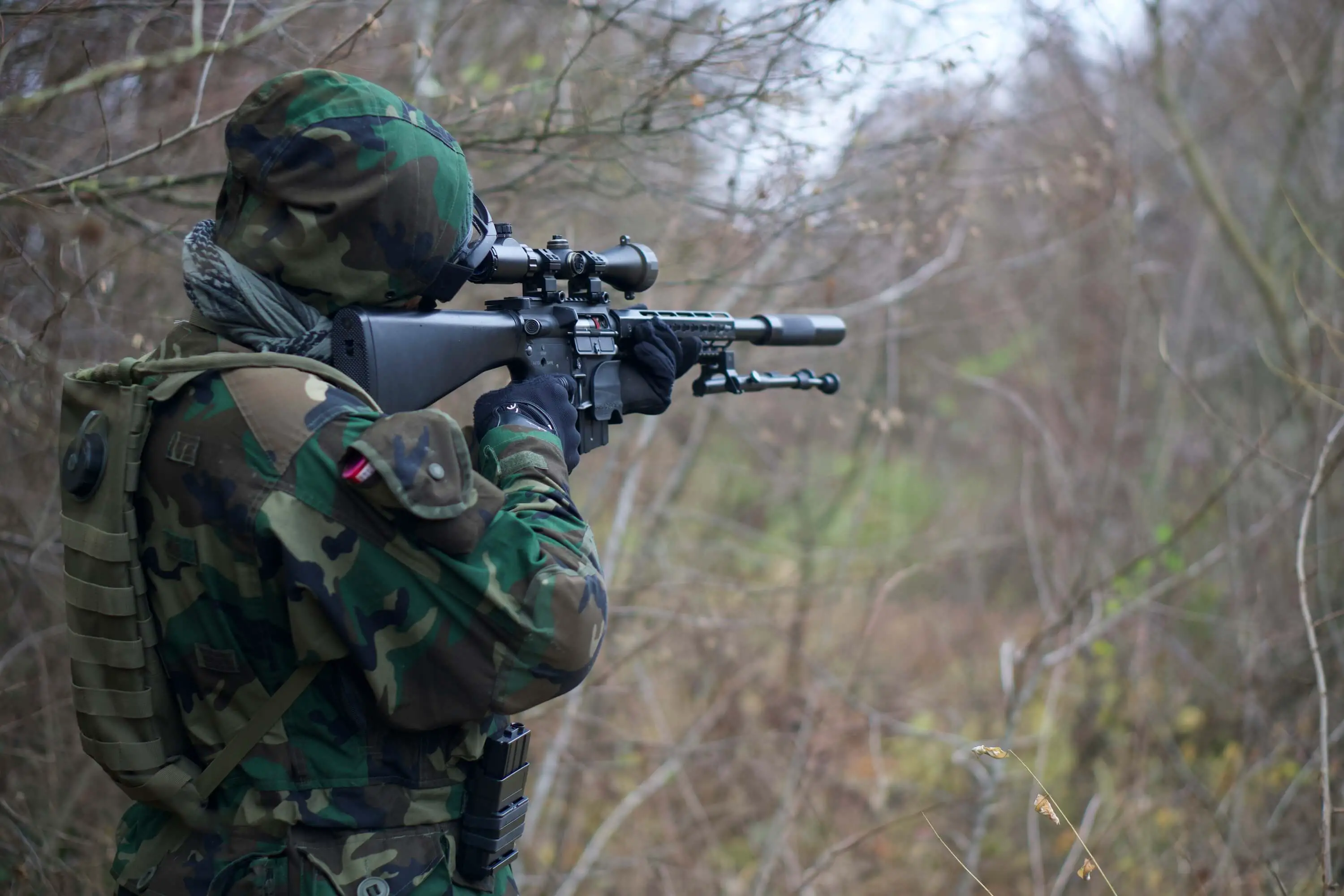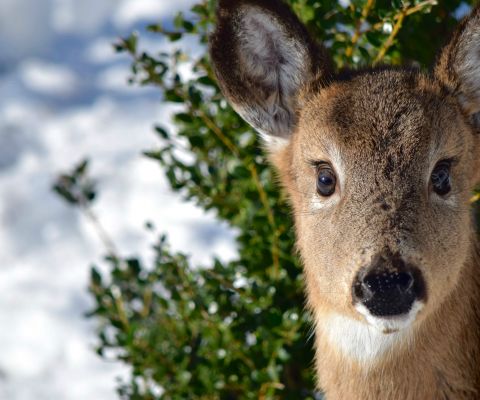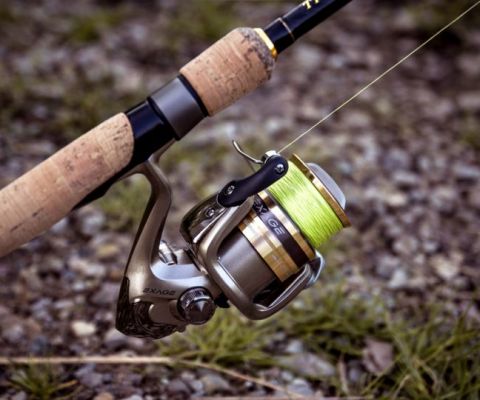Is Canned Shooting Considered Hunting
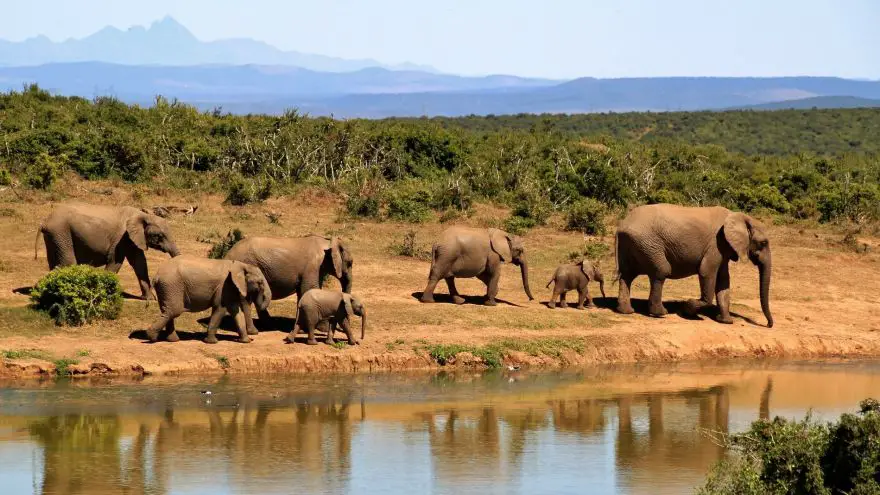 Is Canned Shooting Considered Hunting
thegearhunt.com
Is Canned Shooting Considered Hunting
thegearhunt.com
The idea of canned shooting arose from the captive breeding of animals that are considered exotic. This experience has become commonplace in the southern parts of the hemisphere, and largely in South Africa.
Animals can be sedated to strip them of their wild instinct or limit them to a smaller field, to make it easier for them to be shot. This is hunting made easy as far as traditional hunting serves as a template for comparison.
How the animals are kept
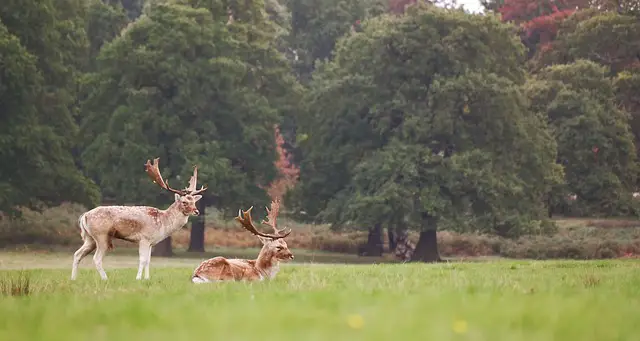
The enclosures where the animals are held are often secluded so that the game is easily restricted to a given circumference. This scenario makes the hunter come into the picture with a clear upper-hand. There are no surprises to expect in this scenario as the animal’s artificial habitat, in this case, is clearly orchestrated.
Also worth reading best black powder rifle
Anyone who comes into this pre-determined environment is surely assured of almost a 100 percent chance of killing the prey. The animal has the disadvantage of getting trapped in an environment that is not clearly its natural habitat. Animals often kept under this scenario are animals with a huge reputation, and they are likely to make the news each time they are reported on.
Why canned shooting?
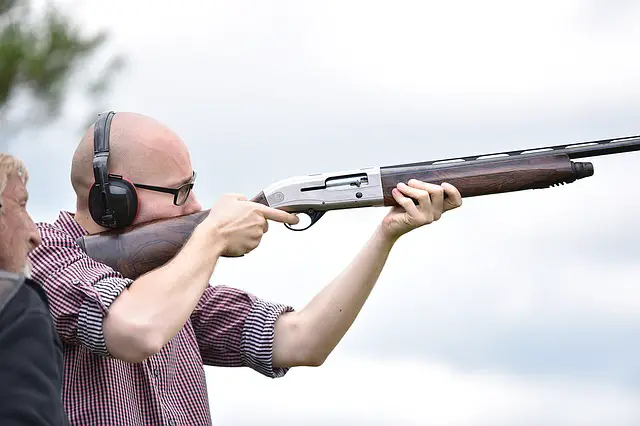
Canned shooting is often not regarded as hunting as it is pre-determined to give the shooter a semblance of the hunting experience. This way, the shooter is able to experience the feeling of killing an animal.
Critics are turned off canned shooting because they believe that it depreciates the hunting experience. The natural habit of getting into the wild in a pursuit of the hunting experience is largely off the cards here.
Hunters have to go through the scouting season to be able to get an inkling of the migratory and feeding patterns of the prey. By so doing, new hunters are taught the time-honored practices that turn a novice to a mastermind. The pre-season experiences help the hunter to learn vital animal behavior and orchestrate a plan to hunting the prey.
The practices of learning what distance to take the kill shot, the best place to put up a shooting stand and the best timing to use are all lost in the canned shooting. Beyond this, the joy of getting dirtied through wading the swamps, unintended falls and stumbling, before hitting the pray when it matters most, cannot be substituted.
The hunting grounds is an issue to be considered when you appreciate that while canned shooting can be limited to just an acre, a true hunt might span 80,000 acres of land. While the site of the canned shooting is clearly demarcated and fenced, hunting grounds might be fenced. While hunting can be carried out in a fenced natural reserve, but in other cases, it will be on a boundless land.
Hunting can extend to captive animals but the grounds of departure is that when it is not a canned shoot; the animal will have an opening for escape. In canned shooting, the probability of escape is inexistent for the prey.
The legal angle
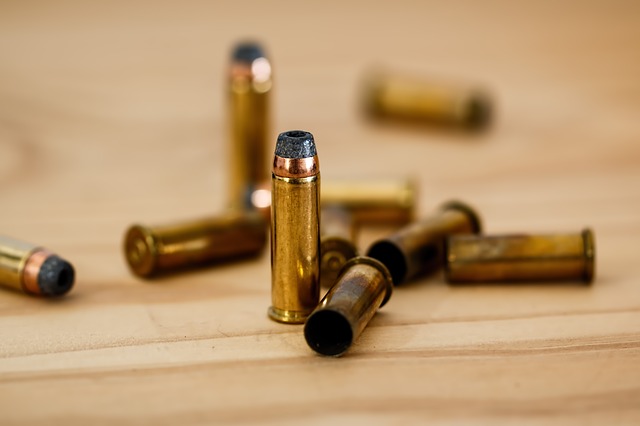
Hunting is largely a legal exercise across the globe except where certain animals have been placed on the extinct list. It is illegal to shoot near-extinct animals in some climes. Canned shooting can also be legal, but this depends on the locale where it is taking place.
Different rules govern territories and it will be to your good to be sure what the rules are before you delve in. There is also the moral angle, and this departs from the provision of the law. It is only expected that the animals gets shot without any prior cruelty or acts that subjects it to agony.
There are lots of people who hunt game to make a living and this is not in doubt. However, canned shooting looks at best to be a recreational exercise, and anti- animal cruelty proponents see it as depriving animals in the scenario of their right to survival.
The bulk of content found on the Internet against hunting animals are culled from the throve of celebratory pictures taken by canned shooting parties. Those images paint animals hunters as people who are blood-thirsty animal shooters, and as people who are involved in terrible things.
Canned shooting beat-back
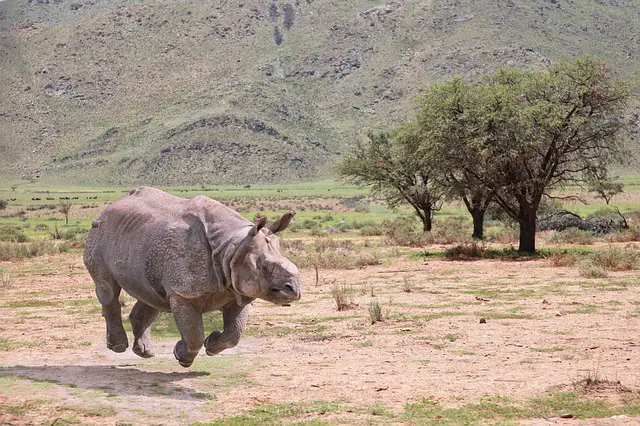
The bad publicity that has attended canned shooting is surely a wave that does no good to the image of hunters. Closely allied to canned shooting is trophy hunting and this is also a different ballgame altogether. It involves hunting animals for their prized parts and includes such animal breeds like elephant, rhinos and crocodiles.
Steps have been taken in certain jurisdictions to limit or avoid canned shooting as much as possible. Certain animals have been placed on the prohibited list in some countries and they cannot be hunted.
In Zimbabwe, hunting lions have been outlawed under any guise while certain elements in South Africa have stopped their members from captive lion shooting. These recent trends might lead to the stoppage of canned shooting in more climes than previously known.
In many parts of the globe, no one is prevented from going into the wild to hunt as long as it is not within a protected or non-hunting zone. The fair-case hunting or traditional hunting still enjoys the support of many countries. However, the lure to make money off tourists and like-minds is the motivation for canned shooting practices.
A notable departure
A number of persons who have seen the images of so-called hunters with rifles strapped to their shoulders and their legs on a killed monster are easily lured. These individuals also want to take a part in the next canned shooting expedition.
While it might be altogether impossible to stop canned shooting, there is no basis to compare it with actual hunting. The participants only enjoy the semblance of the real thing and never get to savor the esteem that fair-chase hunters hold to their chest.
The guns and the shots might be same as what kills every animal, but the scenario and conditions are clearly different.





